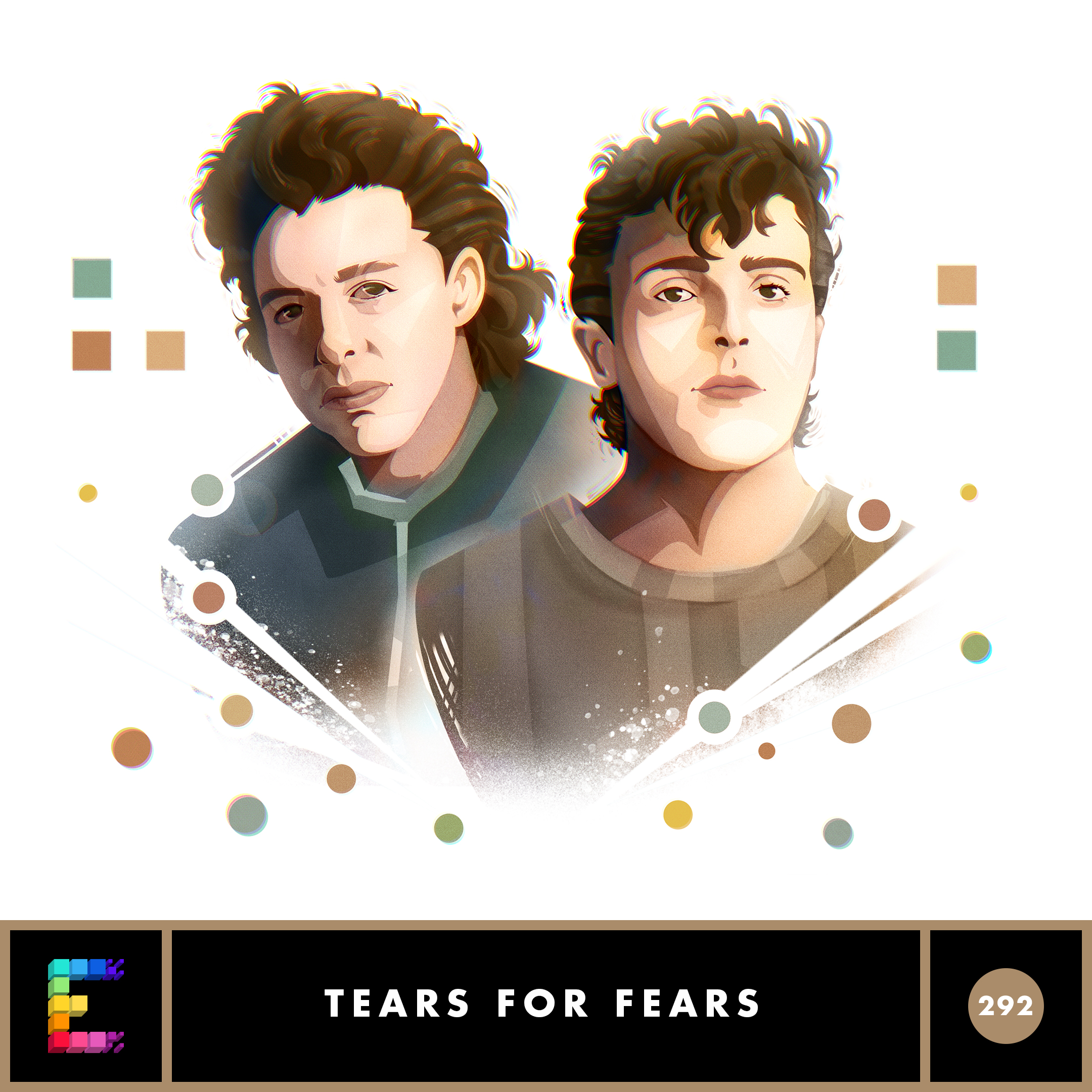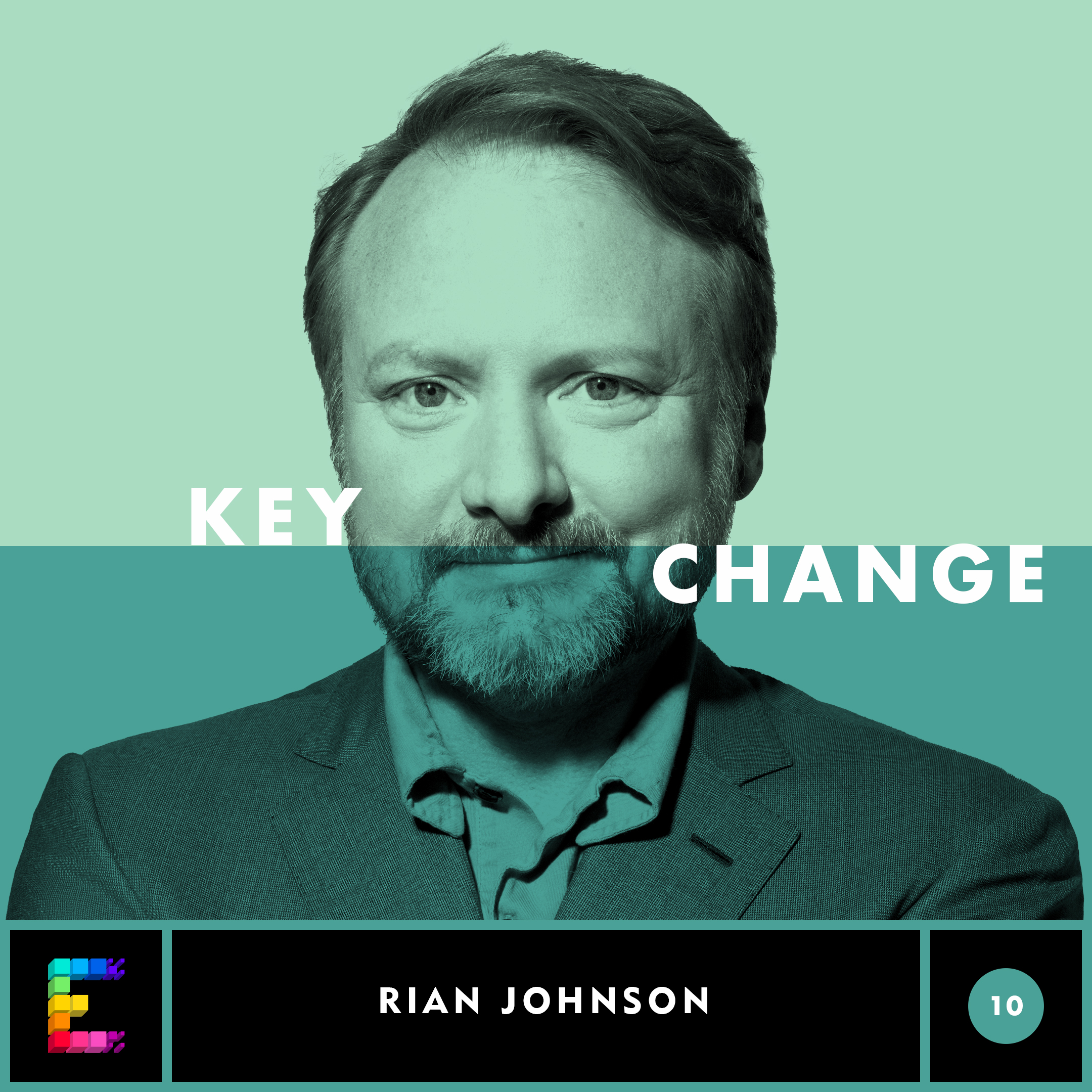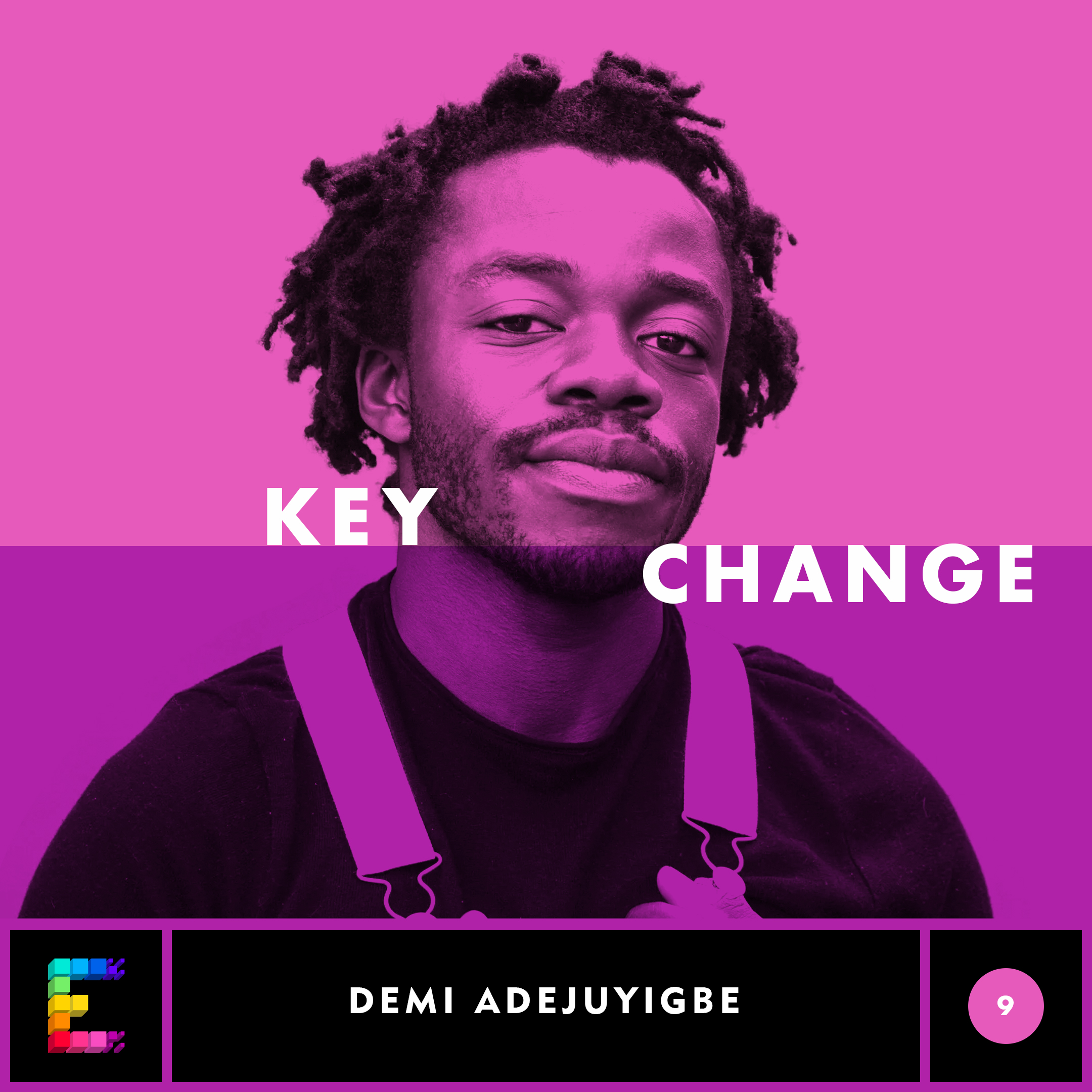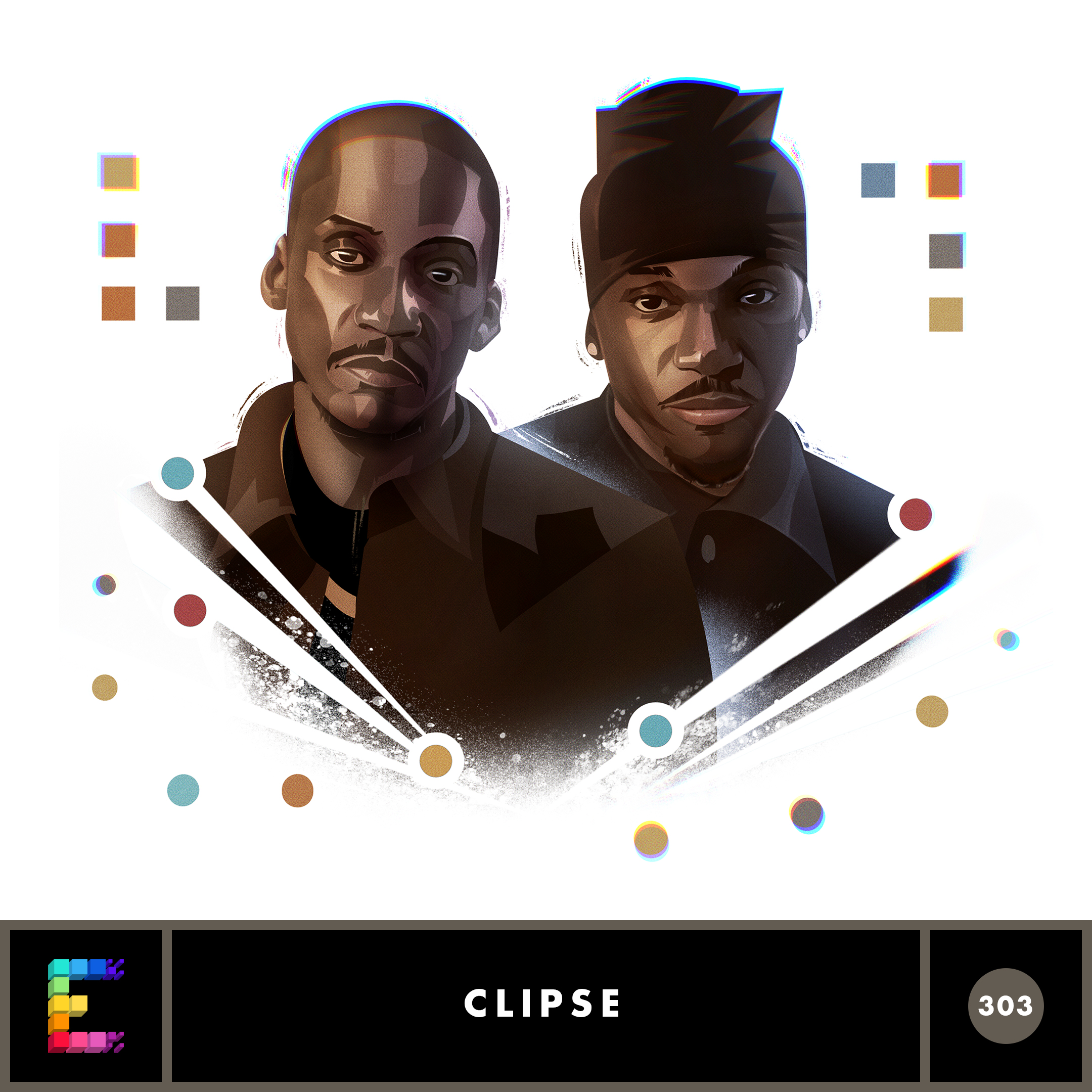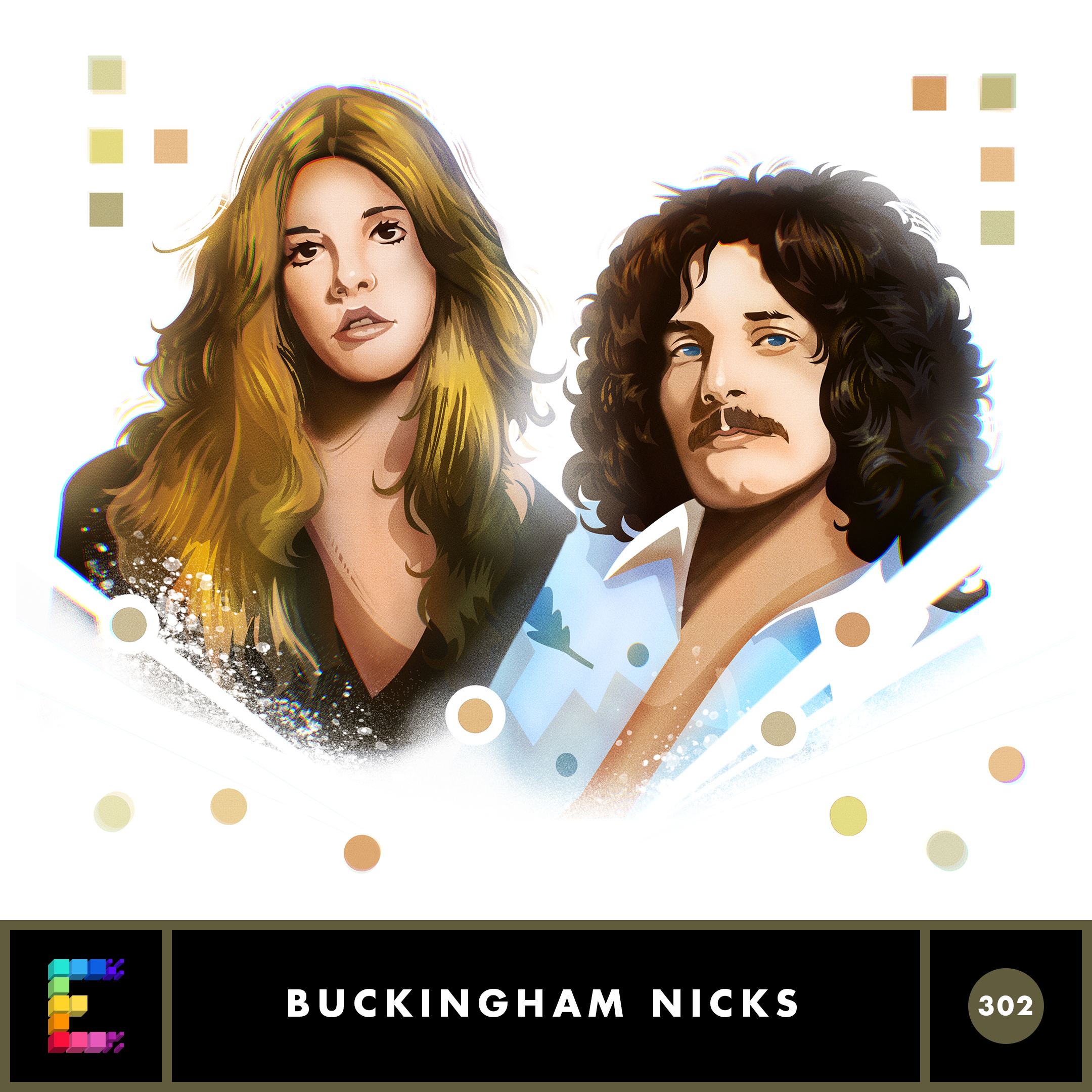Tears for Fears - Everybody Wants to Rule the World
Tears for Fears is a duo formed in 1981 in Bath, England by Roland Orzabal and Curt Smith. They’ve sold over 30 million albums, starting with their first, The Hurting, which went to number one in the UK. But it was their second album, Songs from the Big Chair, that made them international stars. It came out in 1985, and had huge singles like “Shout” and "Head Over Heels.” But their biggest hit is “Everybody Wants to Rule the World.” It won Best Single at the BRIT Awards in 1986, and it’s been streamed over 2 billion times. So I talked to the two of them about how they, along with their producer Chris Hughes and keyboard player Ian Stanley, made a song that would help define the sound of the 80s.
Thanks to Sonos for their support of the podcast. Check out sonos.com.
For more, visit songexploder.net/tears-for-fears.
Press play and read along
Transcript
Transcript is processing—check back soon.
